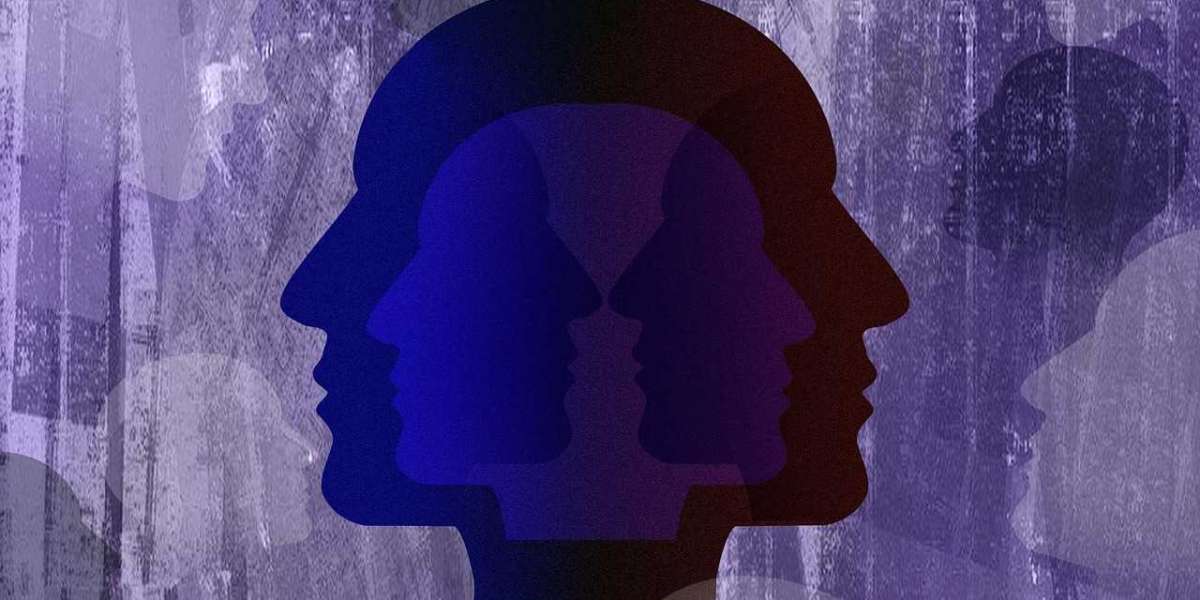Living with bipolar disorder can be an overwhelming experience, marked by extreme mood swings that range from intense highs to deep lows. Fortunately,bipolar treatment centers california provide specialized care and comprehensive treatment programs to help individuals regain balance and lead fulfilling lives. With the right combination of therapy, medication, and support, these centers offer a path to long-term recovery and emotional stability for those navigating the challenges of bipolar disorder.
Understanding Bipolar Disorder
Bipolar disorder is a complex mental health condition characterized by alternating episodes of mania and depression. During manic episodes, individuals may experience heightened energy, euphoria, impulsive behavior, or irritability. Conversely, depressive episodes bring fatigue, sadness, hopelessness, and difficulty concentrating. Without proper treatment, these mood swings can significantly disrupt relationships, work performance, and overall quality of life.
What makes bipolar treatment centers California stand out is their holistic and evidence-based approach to managing this condition. They focus not only on symptom control but also on helping individuals understand the underlying causes, identify triggers, and develop lifelong coping strategies.
Types of Treatment Programs
Every person’s experience with bipolar disorder is unique, so treatment centers in California offer a range of care options tailored to individual needs and symptom severity.
1. Inpatient and Residential Treatment
These programs provide 24-hour care in a structured environment. Patients live on-site and receive continuous monitoring and therapy. Residential care is ideal for individuals in crisis or those who need intensive support during medication adjustments or stabilization periods.
2. Outpatient and Intensive Outpatient Programs (IOPs)
For individuals who don’t require round-the-clock care, outpatient and IOP programs offer flexibility. Patients attend therapy sessions several times a week while maintaining daily responsibilities. These programs are particularly effective for long-term management and relapse prevention.
3. Partial Hospitalization Programs (PHPs)
PHPs provide a middle ground between inpatient and outpatient care. Patients attend treatment sessions during the day and return home at night. This option provides structure, support, and continuity of care for those transitioning from residential programs or managing moderate symptoms.
Evidence-Based Therapies
The best bipolar treatment centers California utilize scientifically proven therapies to promote recovery and prevent relapse. These evidence-based approaches include:
Cognitive Behavioral Therapy (CBT): Helps individuals identify and replace harmful thought patterns that contribute to mood instability.
Dialectical Behavior Therapy (DBT): Focuses on emotional regulation, mindfulness, and interpersonal effectiveness.
Interpersonal and Social Rhythm Therapy (IPSRT): Aims to stabilize daily routines and sleep patterns, reducing mood fluctuations.
Family-Focused Therapy (FFT): Involves family members in the treatment process to improve communication, understanding, and support.
Medication Management: Mood stabilizers, antidepressants, and antipsychotics may be prescribed and closely monitored by psychiatrists to ensure safety and effectiveness.
Holistic and Integrative Treatment Approaches
Many bipolar treatment centers California recognize that healing goes beyond medication and therapy alone. They incorporate holistic practices to strengthen mental, physical, and emotional well-being. Holistic methods often include:
Yoga and Meditation: Promote relaxation, mindfulness, and emotional balance.
Art and Music Therapy: Provide creative outlets for self-expression and stress relief.
Nutritional Counseling: Supports brain health and stabilizes mood through balanced eating habits.
Physical Exercise: Enhances mood and energy levels naturally by boosting endorphins.
By combining traditional therapy with holistic care, these centers ensure a well-rounded approach to recovery that addresses every aspect of a person’s life.
Dual Diagnosis and Co-Occurring Disorders
It’s not uncommon for individuals with bipolar disorder to struggle with co-occurring conditions such as anxiety, substance abuse, or trauma. Dual diagnosis programs at bipolar treatment centers California treat both mental health and substance use disorders simultaneously. This integrated approach helps patients understand the connection between their conditions and equips them with the tools to manage both effectively.
The California Advantage: Healing in a Supportive Environment
California’s natural beauty and tranquil settings play a vital role in the healing process. Many treatment centers are located in peaceful areas near the ocean, mountains, or countryside providing an ideal environment for reflection and growth. These serene surroundings, combined with a warm climate and access to outdoor activities, promote relaxation and renewal during the recovery journey.
Moreover, California is home to some of the nation’s leading mental health professionals, offering patients access to cutting-edge research and innovative therapies. The combination of expert care and a nurturing environment makes the state a top destination for bipolar disorder treatment.
The Role of Family and Aftercare
Recovery from bipolar disorder extends beyond initial treatment. Most bipolar treatment centers California emphasize family involvement and aftercare programs to ensure lasting success. Family therapy helps loved ones understand the condition, learn how to support recovery, and strengthen relationships.
Aftercare services such as ongoing counseling, support groups, and relapse prevention programs—help patients maintain progress after leaving the facility. These continued connections foster accountability and provide encouragement throughout the recovery journey.
Choosing the Right Treatment Center
When selecting a treatment center, it’s important to consider accreditation, staff expertise, and individualized treatment options. The best bipolar treatment centers California create customized plans that address each patient’s specific needs, goals, and lifestyle. Transparency about treatment methods, medication policies, and aftercare support ensures patients receive the highest quality of care.
Reading patient testimonials, researching facility credentials, and scheduling consultations can also help individuals find the right fit.
A Brighter Path Ahead
Living with bipolar disorder can be challenging, but with proper care, stability and fulfillment are within reach. The compassionate professionals at bipolar treatment centers California provide the tools, support, and understanding needed to achieve long-term wellness.
Through a blend of medical expertise, evidence-based therapies, and holistic healing, these centers empower individuals to regain control of their lives and embrace a brighter, healthier future. Recovery is possible and it begins with taking the first step toward professional help and self-discovery.







